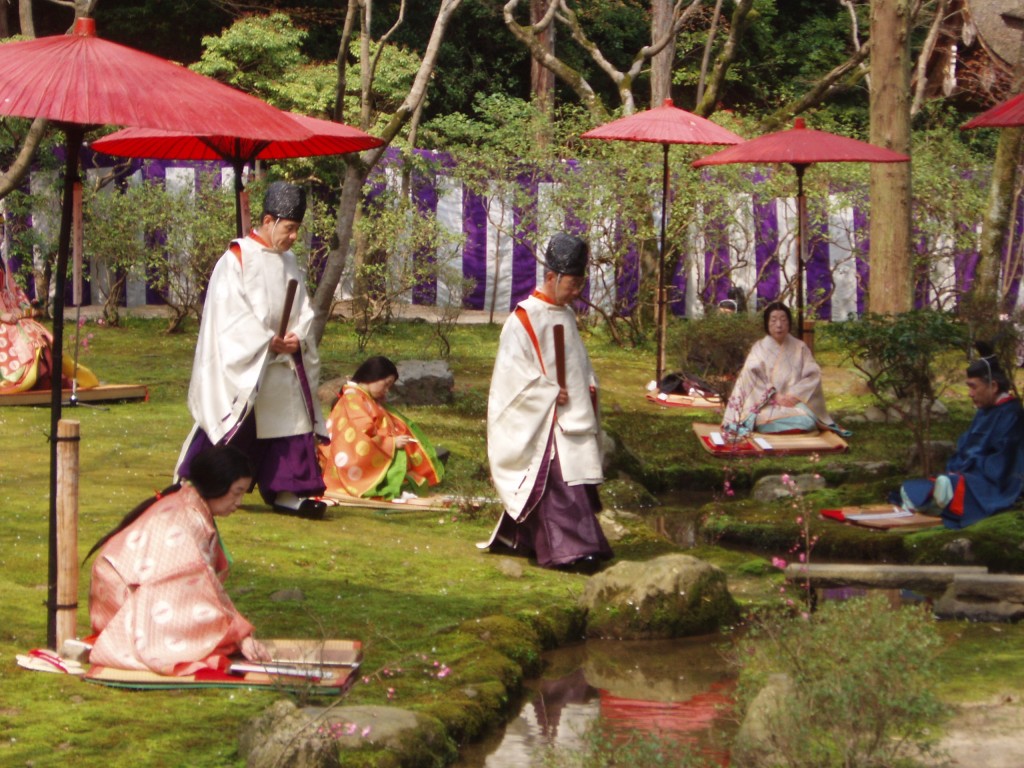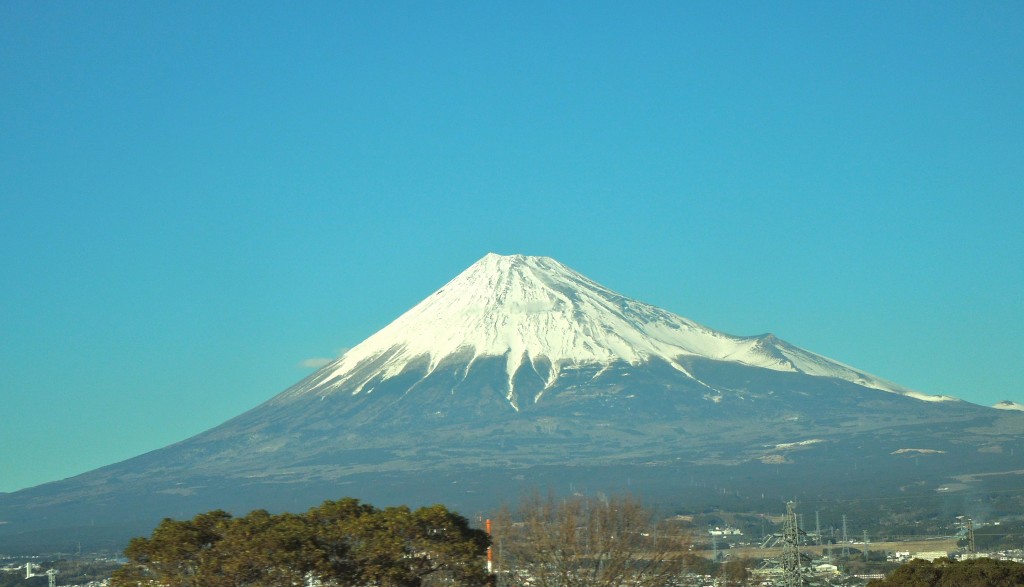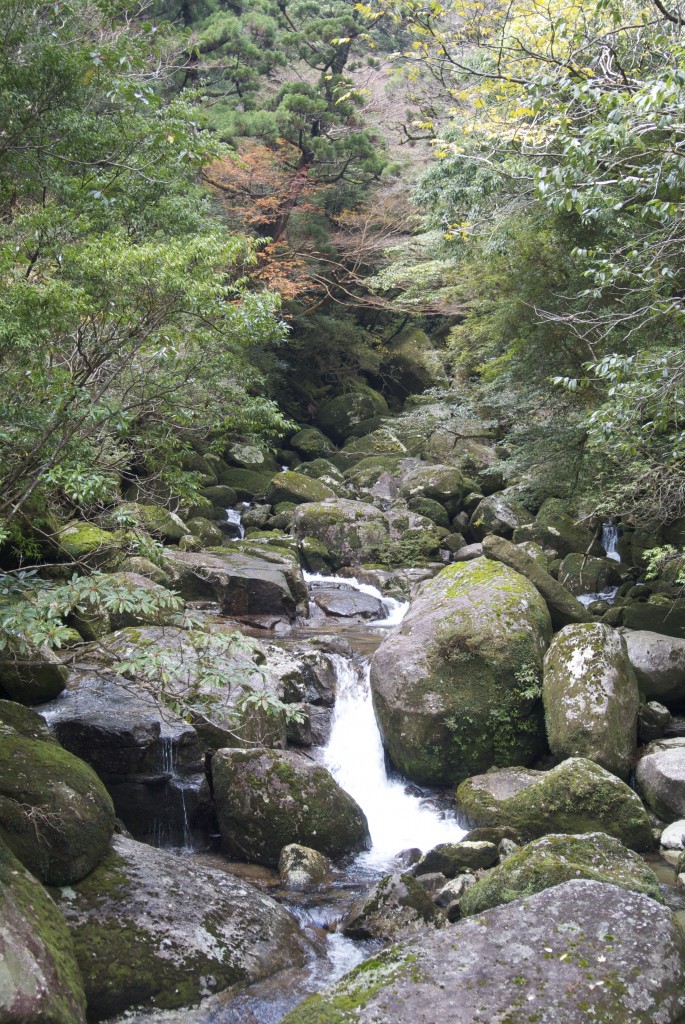
Heian-style poetry competition: close to nature, close to the heart of Shinto
In a Japan Times article on Beauty in Japan today, one of my favourite writers on Japan, Michael Hoffman, puts forward some interesting thoughts about early Japanese poetry and the attitudes to nature that it reflects.
*********************************************
In the beginning, the Japanese worshiped nature. Most infant cultures do. To them everything is alive, everything partakes of birth and death; anything may call forth awe, fear, reverence. The Japanese were rich in awe and reverence but not in fear. They tamed nature in their thoughts long before they tamed it physically. They tamed it in their poetry.
The early Japanese domesticated nature as other, more rugged early cultures domesticated wild horses and cattle. Poetry was Japan’s bridle and yoke.
Japan’s first poetry anthology is the eighth-century Manyoshu. Its more than 4,000 poems were written over 300 years beginning in the fourth century.
Has any other embryonic culture ever been so quick to shake off the primal terrors? None surface in the Manyoshu. The nature portrayed is innocent, unthreatening, defanged. It is quietly, serenely beautiful:
“Many are the mountains of Yamato [Japan],/ but I climb heavenly Kagu Hill/ that is cloaked in foliage.” “I remember/ our temporary shelter by Uji’s palace ground, when we cut the splendid grass on the autumn fields.” ” ‘Kuan kuan’ cry the osprey on a sandbar in the river.” “A splendid land/ is the dragonfly island/ the land of Yamato.”
Naturally, there is sadness, too: “… my girl,/ who had swayed to me in sleep/ like seaweed of the offing,/ was gone/ like the coursing sun/ gliding into dusk,/ like the radiant moon/ secluding itself behind the clouds …”
But the sorrow of bereavement fades into the tranquil and consoling motions of the natural world.
Nature as depicted by the “Manyoshu” poets “was not lofty mountains, not desolate plains, not great oceans and not forests filled with wild beasts,” observed the literary historian Shuichi Kato (in “A History of Japanese Literature,” 1979), “but gentler places such as Kagu Hill, … fields, bays where boats passed to and fro between islands, and shallows where cranes made their cries. … Nature to them was not something vast and wild, but something small, gentle and intimate.”

"It is a god that watches over Japan — / Over Yamato, the Land of the Sunrise"
Is that true without exception? How could it be, with cone-shaped, snow-clad Mount Fuji towering over the land?
“Even the clouds of heaven, struck with awe,/ Dare not pass over that steep peak/ …It is a god that watches over Japan — / Over Yamato, the Land of the Sunrise …”
Much later there was a “back-to-Manyoshu” movement, led by 18th-century nativists who deplored the corruption they attributed to foreign thought.
One of them, Kamo no Mabuchi (1697-1769), in an essay titled “Thoughts on Poetry” (1764), wrote, “In ancient times people’s hearts were direct and straightforward. … But then the ideas and words of babbling China and India were introduced into our country.”
Under what he perceived as the baneful influence of Confucianism and Buddhism, “things became complex, so the hearts of those here who used to be straightforward were blown by a wind from the shadows and turned wicked.”
The remedy? We must, says Kamo, “each morning face the sacred mirror of old,” to see reflected there a world “without human artifice,” ruled by “gods who, with the ancient and tranquil great Way of this peaceful country, governed in accordance with heaven and earth and without regulation, fabrication, force, or instruction. The poetry of the ancients makes this clear, and our own poetry should be the same.”


mountain waters spring-fed cupped
by a tiny child’s smile
hands streams ocean-seeking dreams